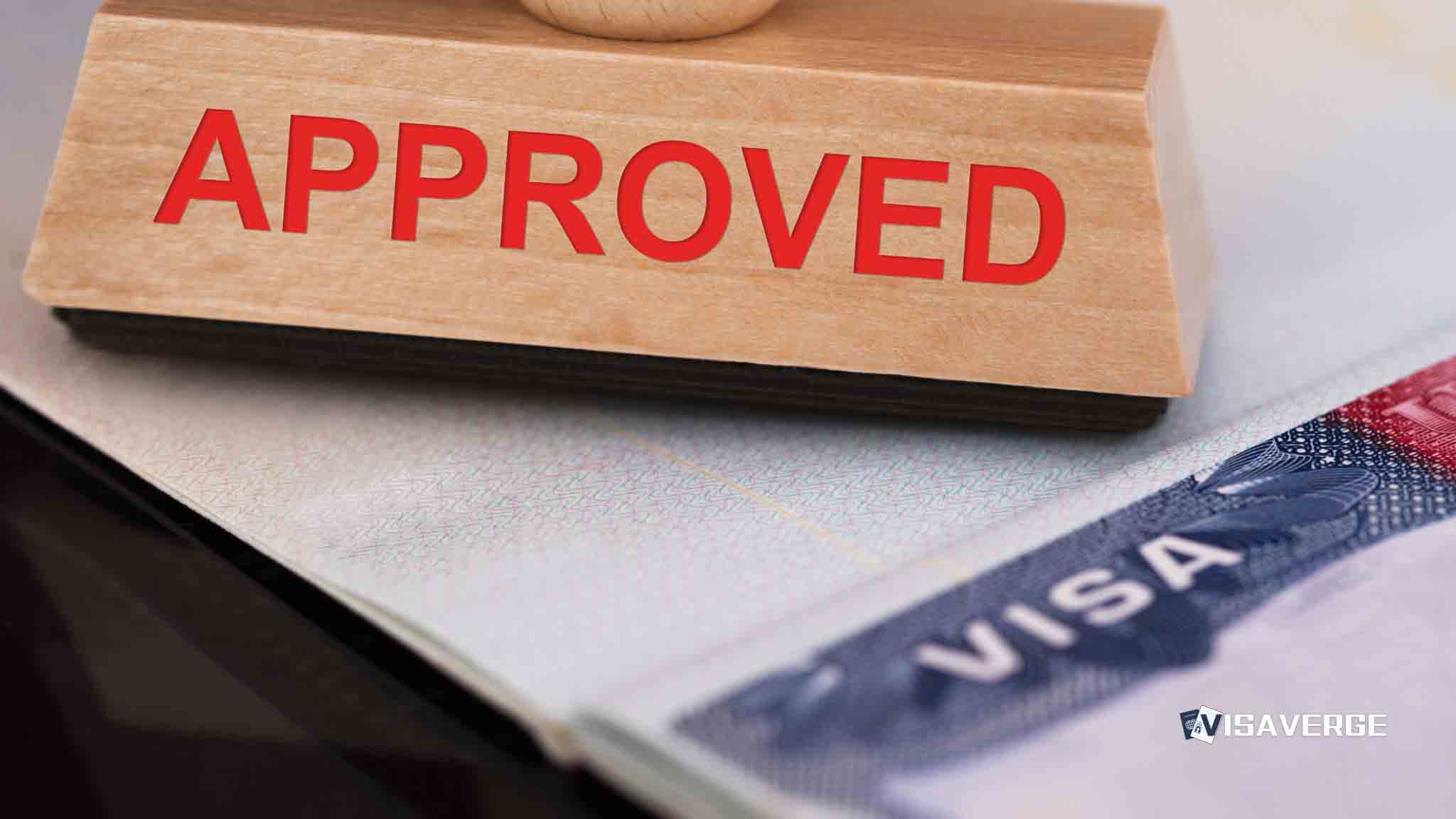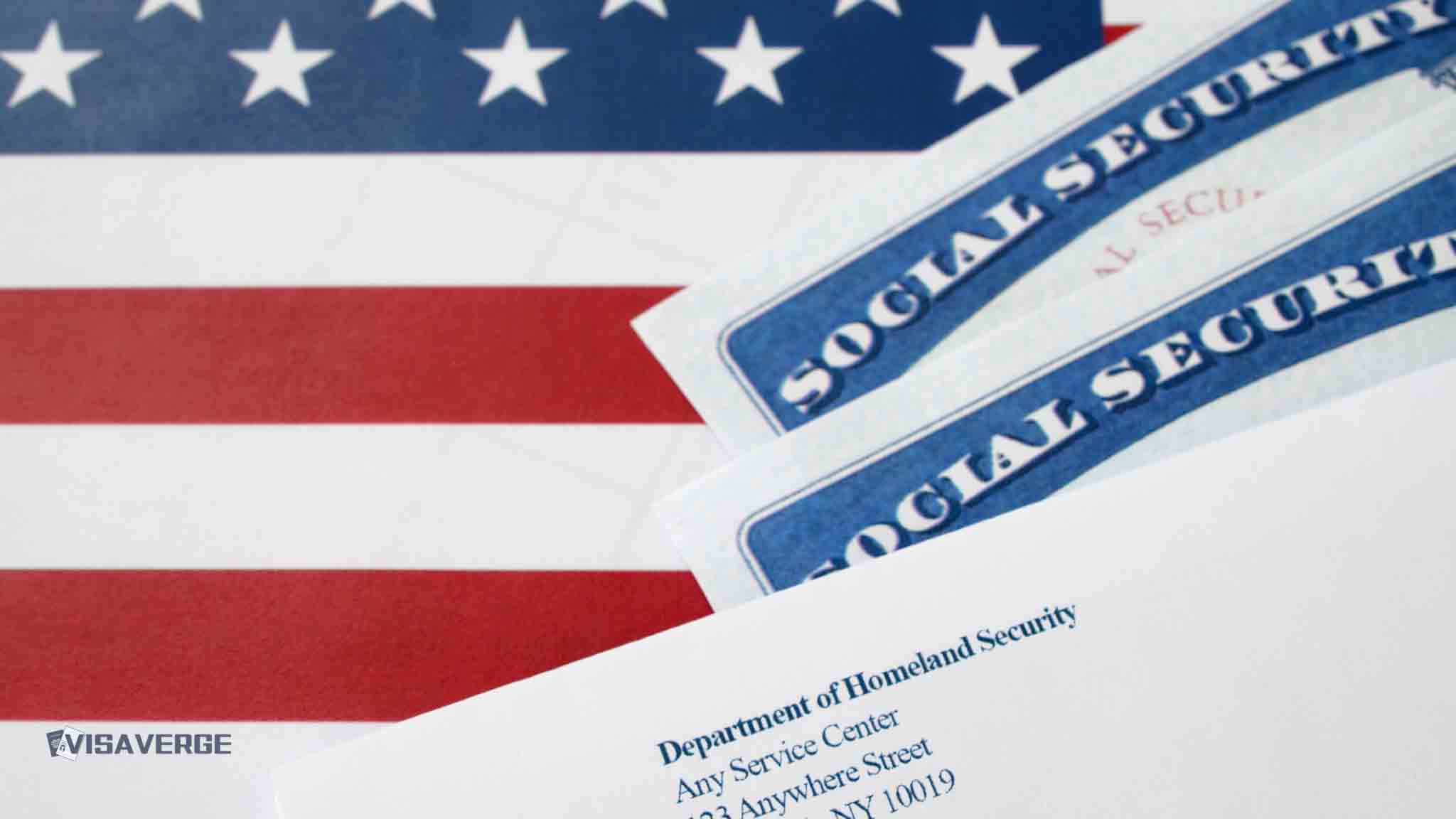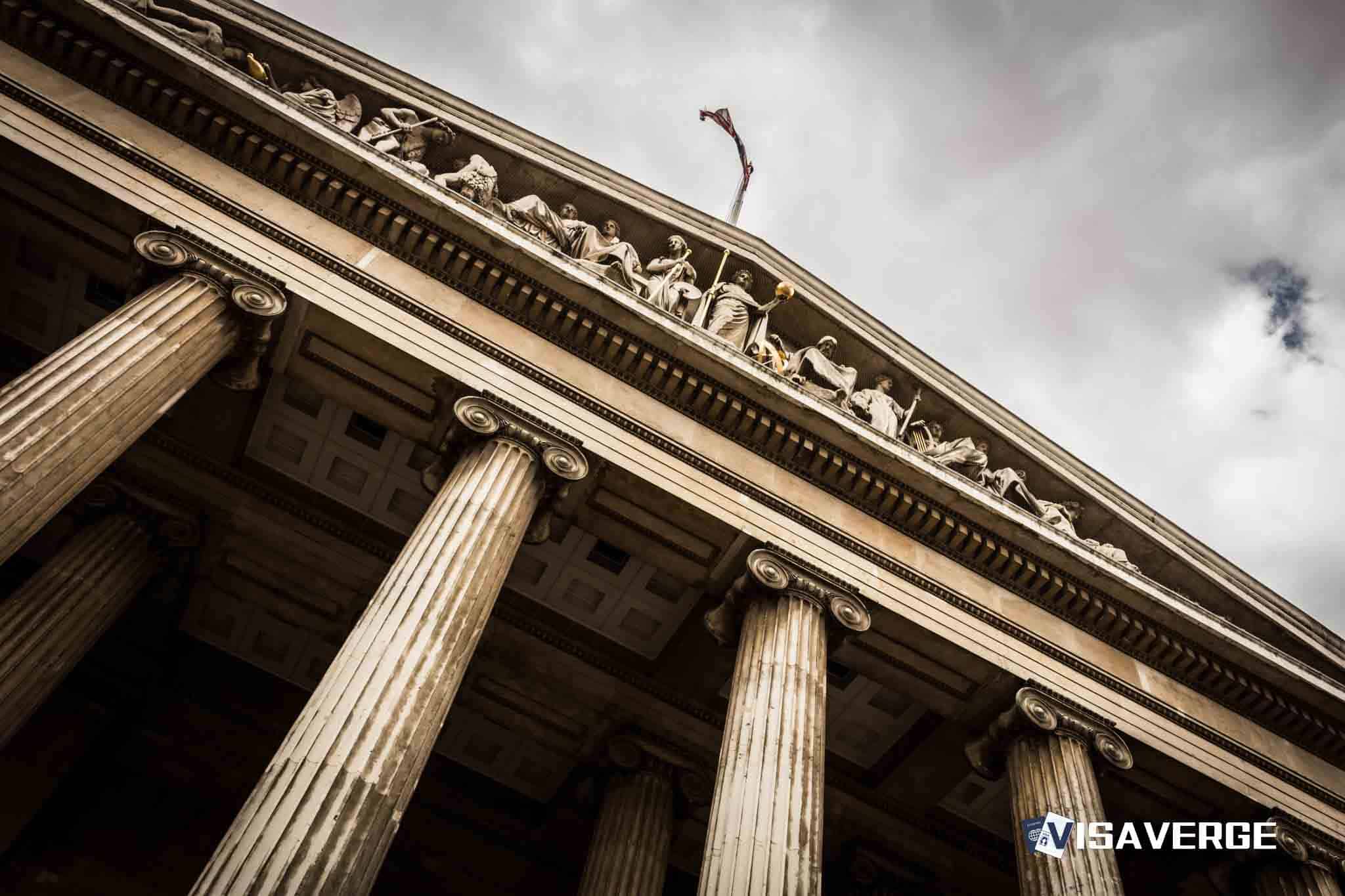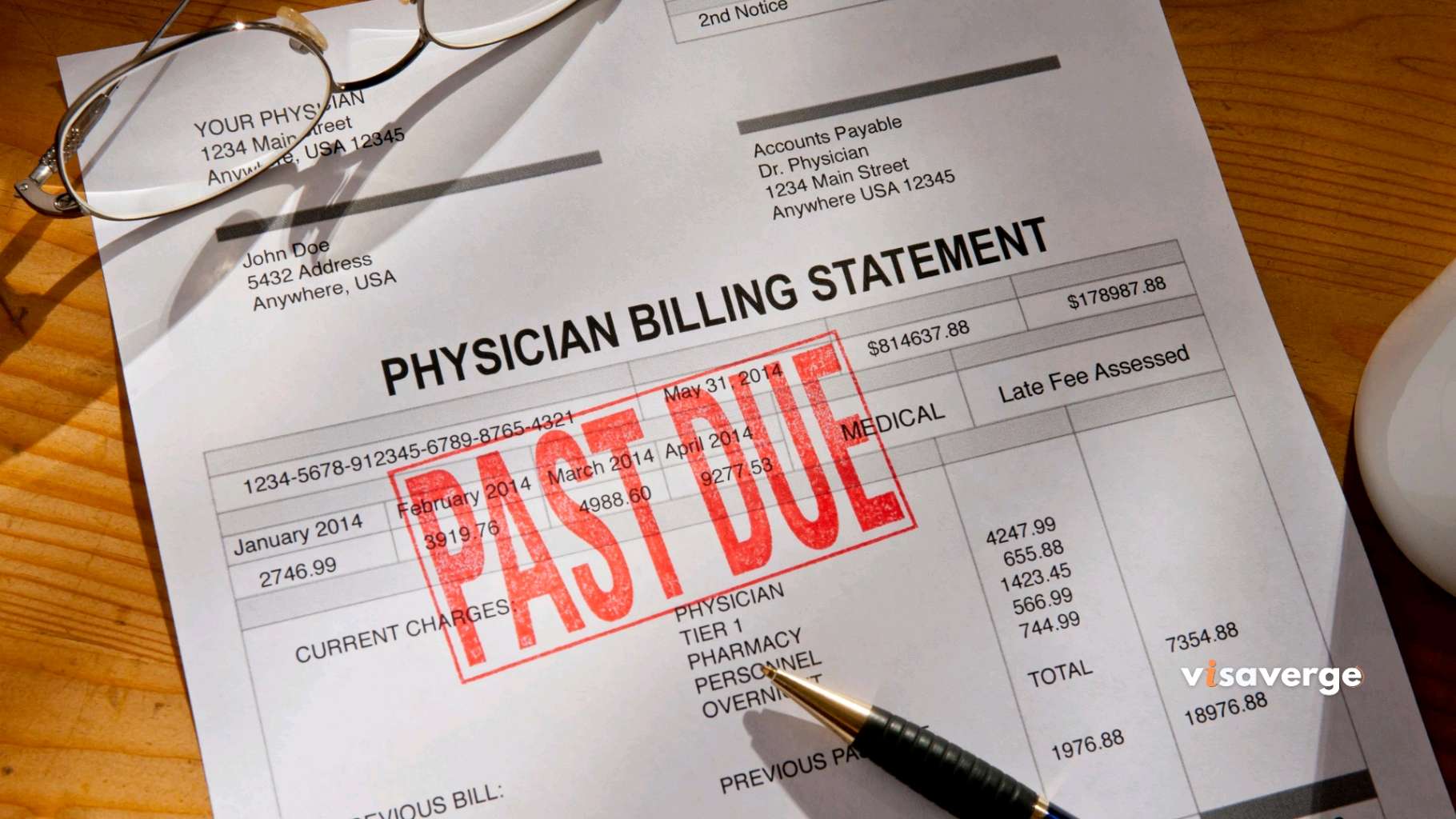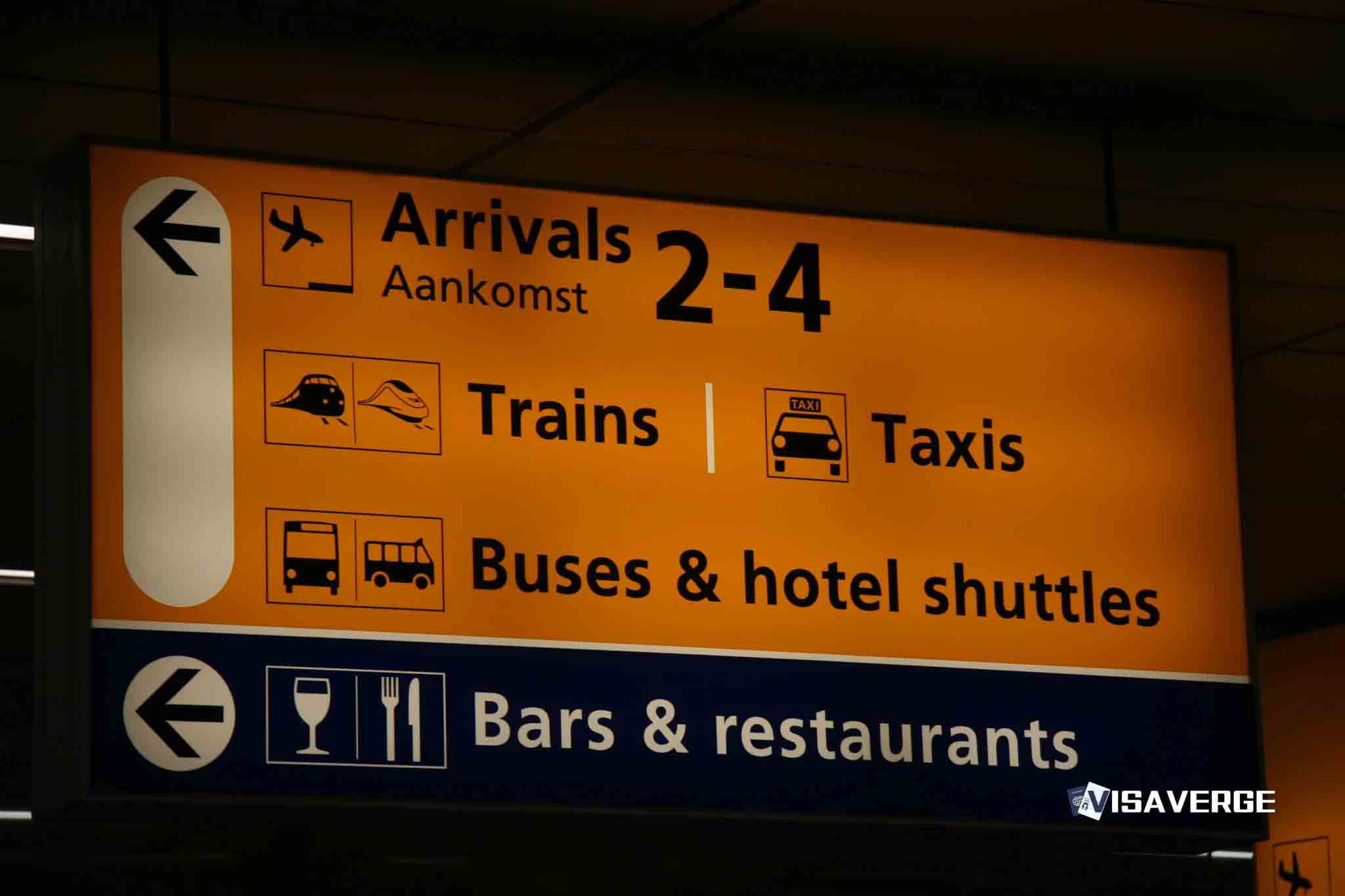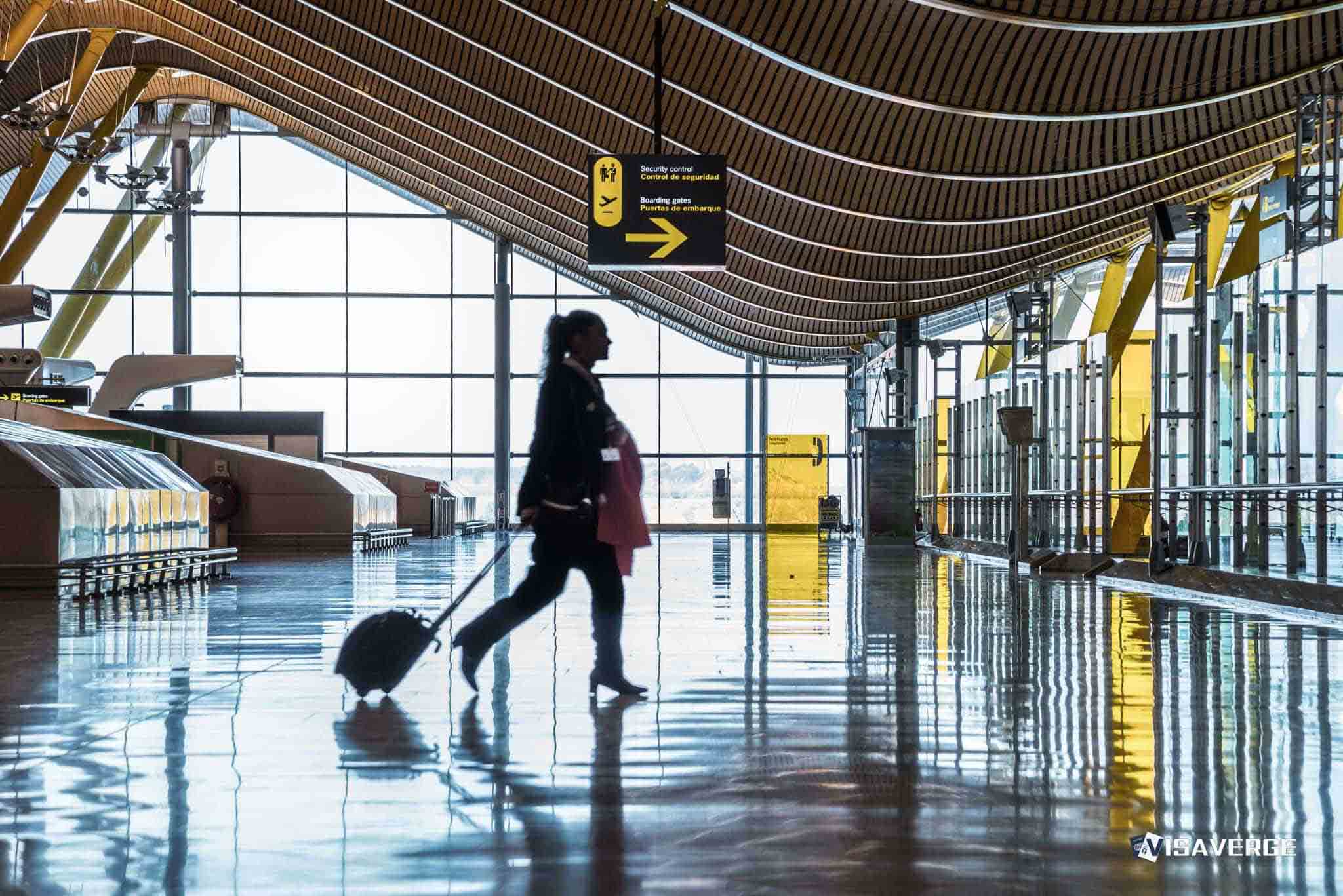Key Takeaways
• Federal judge removed $8 late fee cap set by the CFPB, restoring discretion to credit card companies.
• Banks can now set late fees above $8, so long as they are “reasonable and proportional” per the CARD Act.
• Consumers, especially immigrants, should expect possible higher fees and watch for updates from their credit card companies.
A key credit card rule set during President Biden’s administration has been overturned, changing what looked like an important shift in how banks and credit card companies handle late payments. A federal judge’s ruling has removed the cap on credit card late fees, which was set by the Consumer Financial Protection Bureau (CFPB) at $8. This decision has wide-reaching effects, not only for people who use credit cards, but also for banks, businesses, and the future of consumer protection rules in the United States 🇺🇸.
What Happened and Why?

The rule to cap credit card late fees at $8 was introduced by the CFPB, which is a government agency created to protect consumers in financial products and services. The rule came as part of President Biden’s larger plan to cut down on what he referred to as “junk fees.” In simple terms, these are extra costs that people pay for things like being late on a bill, often without seeing a clear reason for the amount being charged.
The goal of the rule was to take the average late fee—which most people said was about $32—and set a maximum of $8, unless a credit card company could prove that running the account cost them more when there was a late payment. In many ways, the rule was meant to help regular people by saving them money and making fees fairer and less confusing.
However, the business side, including powerful groups like the U.S. Chamber of Commerce, didn’t like the rule. They argued the CFPB had gone too far, saying it violated the Credit Card Accountability Responsibility and Disclosure Act (CARD Act) of 2009. This law says that penalty fees, like late fees, are allowed as long as they are “reasonable and proportional” to the actual violation. In other words, the fee should match the problem without punishing customers too harshly.
How Did the Rule Get Struck Down?
Both the CFPB and business groups, who were on different sides at first, ended up agreeing to ask the court to cancel the rule. This is unusual — usually, a government agency fights to keep rules it makes. U.S. District Judge Mark Pittman listened to their joint request and agreed to throw out the cap.
This outcome wasn’t just about one rule. It fits into a bigger story of the back-and-forth between different presidential administrations. As reported by VisaVerge.com, rules made during President Biden’s time in office, especially those seen as tough on businesses, have often been rolled back after efforts from President Trump’s administration. The canceling of this late fee cap fits that pattern.
Why Did Business Groups and Others Want the Rule Gone?
Business groups had several reasons to push back against the $8 late fee limit:
– They said the cap went beyond what the CARD Act allows.
– They claimed many credit card companies would be forced to make up for lost fee income by raising interest rates for other customers.
– They warned that people who pay on time could end up with fewer credit choices or higher costs to help pay for others’ late payments.
– Some also believed it could lead to more late payments, since small fees might not give people enough reason to pay on time.
The CFPB, under President Biden, had argued that the caps were needed to protect people, especially those living paycheck to paycheck. But in court, these arguments didn’t hold up against the challenge that the rule went beyond the letter of the law set by the CARD Act.
What Does This Mean For Credit Card Users?
If you use a credit card, you may wonder how this decision affects you. Here’s what changes:
– There is no longer a strict $8 maximum for late fees on your credit card.
– Card companies can now set late fees above $8, as long as they show the fee is “reasonable and proportional” to the mistake, according to the CARD Act.
– You might notice that late fees could creep back up toward the former average, which was about $32.
Here’s a quick list of what to expect:
– Late fees may be higher, depending on your card company.
– There could be changes in interest rates as companies adjust for lost fee income.
– People who usually pay bills on time might see new types of charges or changes to their account terms.
The CFPB’s official credit card information page has more on your rights and what to look out for.
The Broader Impact: Consumer Protection and Business Balance
This case does not stand alone. It is a sign of the ongoing tug-of-war between rules that try to protect people and the concerns of businesses that have to follow and pay for those rules. The CFPB was set up after the 2008 financial crisis to keep a closer watch on companies that offer loans and credit. Many people felt the old system let banks and card companies charge high, confusing fees with little government control.
The CARD Act, passed in 2009, was supposed to make things clearer and more fair. It was one of the most important credit card laws in recent memory, meant to stop unfair practices and help people understand what they were being charged for. But, as this new ruling shows, figuring out what’s a fair fee is still up for debate.
Arguments For and Against Fee Caps
You might wonder, “Wouldn’t a cap just help everyone?” The answer is not so simple.
Those in favor of a cap—including President Biden and the CFPB—said:
– It keeps costs down for people who are struggling.
– It makes the system more clear and fair.
– It pushes companies to only charge what it really costs them, stopping “junk fees.”
On the other hand, critics argued:
– It might make credit more expensive for people who pay on time, because companies spread the lost income from fees out to all customers.
– It could lead companies to cut back on perks, rewards, or even on making loans to people who might be riskier customers.
– Some said it gave people less reason to pay on time, which could actually hurt their credit and the business’s bottom line.
What the Judge’s Ruling Means Going Forward
Judge Mark Pittman’s decision means that credit card companies can go back to setting late fees using the “reasonable and proportional” language of the CARD Act, without a set dollar cap. The CFPB, at least for now, has agreed not to fight this in court.
This does not mean the story is over. Lawmakers in Congress could still step in and set new rules, either putting a new hard limit on fees or adjusting how fees are calculated. It also means that people will need to watch their statements and communications from their credit card company carefully, as fee amounts and terms may change again.
Looking Back: Why the CARD Act Matters
To really understand today’s news, you need to know what the CARD Act has done over the years:
– It was created to stop sudden rate hikes, unfair billing, and hidden fees.
– It made companies give at least 45 days’ notice before increasing rates or fees.
– It stopped marketing high-fee cards to young people.
– It set rules for when late fees could be charged and how much they could be.
Thanks to the CARD Act, fees became more transparent, and the overall market became fairer for card users. However, it also set up a system where “reasonable and proportional” became open to interpretation—which is exactly the gray area that led to the court fight over the $8 cap.
How Might This Affect Other Fees and Consumer Protections?
It’s likely this ruling will influence other battles over “junk fees,” not just those on credit cards. Regulators like the CFPB have been trying to cap or change fees in bank accounts, loans, and even concert or event tickets. Every time one of these rules is rolled back, it sets a precedent that might have an effect on future cases. Banks and businesses may feel more confident fighting against new rules they disagree with. At the same time, consumer groups may feel new urgency to push Congress for firmer protections set out by law, so they can’t be rolled back so easily.
How Should Immigrants and Newcomers to the United States 🇺🇸 Respond?
If you’re new to the United States 🇺🇸, understanding credit card late fees is especially important. Many immigrants start building credit history using small credit cards. High late fees can have a big impact on families who are just starting out, and missing payments can hurt your credit score—a number that affects whether you can get a loan, rent an apartment, or even get some jobs.
Here’s what you can do:
– Always read the fine print on any credit card before signing up.
– Ask your bank or card company to explain any changes to fees—by law, under the CARD Act, they have to notify you about these changes.
– If you miss a payment, call your bank as soon as possible; sometimes first-time late fees are waived.
– Look for credit cards meant for new arrivals or people with little credit history, which may have lower fees or special protections.
– Keep track of your payment due dates. Setting reminders can help you avoid late fees.
The CFPB’s Role and the Future
The Consumer Financial Protection Bureau’s job is to help protect consumers from unfair practices. The agency is expected to keep looking for ways to limit excessive or confusing charges in financial products. While this particular rule is canceled for now, the CFPB still has the power to act when it believes companies are not sticking to the “reasonable and proportional” standard in the CARD Act.
Consumers, especially those who are new to credit in the United States 🇺🇸, can monitor the CFPB’s website for updates on credit card rules and their rights.
Summary and Next Steps
In summary, the court’s decision to throw out the $8 cap on credit card late fees shows the ongoing debate between business interests and consumer protection in the United States 🇺🇸. For credit card users, especially immigrants and newcomers, it’s more important than ever to understand your rights and read your card agreements closely. If you have questions about your card’s fees or want to learn more about your rights, visiting official resources like the CFPB’s website or trusted sources such as VisaVerge.com can give you up-to-date information and support.
Remember, while there’s no longer a universal $8 cap, the law still requires that late fees remain “reasonable and proportional.” Watching for changes and asking questions can help you avoid surprises and manage your finances wisely in a changing system.
Learn Today
Consumer Financial Protection Bureau (CFPB) → A U.S. government agency created after the 2008 crisis to protect consumers in financial products and services.
CARD Act → The Credit Card Accountability Responsibility and Disclosure Act of 2009, designed to make credit card fees fair and clear.
Late Fee Cap → A regulatory upper limit set on how much credit card companies can charge when a payment is late.
Junk Fees → Unnecessary or excessive charges, like unexplained service or late fees, often criticized as unfair to consumers.
Reasonable and Proportional → Legal standard requiring that penalty fees accurately reflect the cost and seriousness of a customer’s violation.
This Article in a Nutshell
A federal judge’s reversal of the $8 limit on credit card late fees marks a major change for U.S. consumers. Banks regain wide discretion, potentially raising fees. Immigrants and newcomers must closely review card agreements. Monitoring CFPB updates and understanding rights are vital as new rules or adjustments may arise soon.
— By VisaVerge.com
Read more:
• CFPB Rule Removes Medical Debt from Credit Reports
• Trump Reshapes U.S. in First Month: Immigration, Jobs, and Legal Battles
• Trump Signs Order to Bring Independent Agencies Under White House Control





